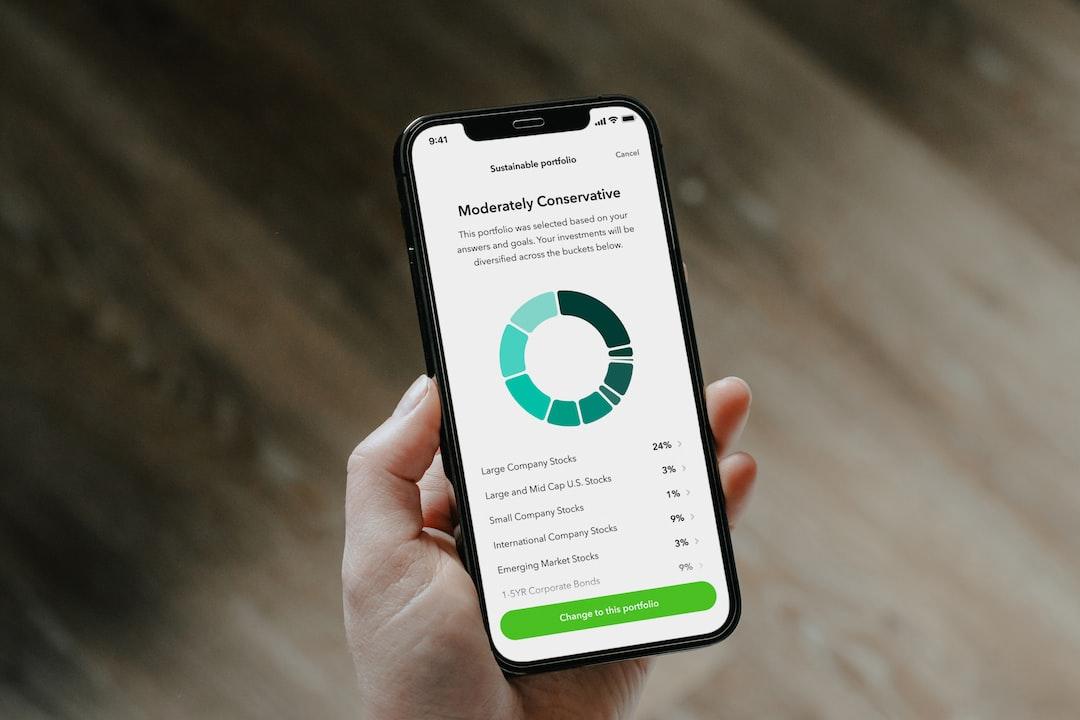Crypto and Social Media: How Meta, X, and TikTok are Revolutionizing Digital Interaction
In the world of social media, cryptocurrency is no longer considered a niche asset. Instead, platforms like Meta, X (formerly known as Twitter), and TikTok are recognizing the potential of crypto and embracing it in various forms. This article explores how these social media giants are diving into the world of cryptocurrencies, the impact they may have on users, and the implications for the future of digital finance.
X, under the leadership of Elon Musk, has become a significant player in the crypto space. The platform has integrated Bitcoin tipping, allowing users to financially support their favorite creators directly through cryptocurrency. Additionally, X added support for NFTs (non-fungible tokens) as profile pictures two years ago, providing a new avenue for artists to monetize their digital art. These crypto features offer benefits for content creators, who can now explore new revenue streams, and users, who enjoy a more engaging and personalized experience. However, these developments also come with challenges, such as regulatory scrutiny and tax implications, which vary across different regions.
TikTok, with its massive user base of over 1 billion monthly active users, has ventured into the crypto space by partnering with creators to launch NFT collections. These NFTs allow users to own unique digital assets related to popular TikTok videos. This initiative provides creators with a new way to monetize their content and engage with their audience. While TikTok’s foray into NFTs is promising, the platform also faces regulatory hurdles and concerns about the environmental impact of blockchain technology. Additionally, the availability of these features is not uniform across all countries, limiting their global reach.
Telegram has been involved in the cryptocurrency space through its association with the TON (The Open Network) blockchain and the native cryptocurrency, Toncoin. Initially launched as the Telegram Open Network, TON aimed to provide a decentralized suite of services, including fast transaction processing, decentralized storage, and a privacy network. However, regulatory challenges from the SEC led to Telegram ceasing its involvement with TON in 2020. The blockchain, rebranded as The Open Network, has seen significant adoption and growth, with over 1 million monthly active users as of early 2024. Meta, with its extensive reach of over 2.89 billion monthly active users, continues to explore blockchain and crypto technologies despite the regulatory challenges that led to the sale of its Diem project. The company has filed several trademark applications related to cryptocurrency and blockchain technology, indicating ongoing interest in the sector. Furthermore, Meta has been involved in the development of cryptographic privacy technologies and has joined the MPC Alliance to enhance privacy in blockchain transactions. The company has also made substantial investments in the development of the metaverse, positioning it as a cornerstone of its future strategy. Since its rebranding in October 2021, Meta has committed billions of dollars towards creating a virtual environment that integrates augmented reality (AR) and virtual reality (VR) to facilitate immersive social interactions and experiences.
Reddit’s Community Points system, built on the Ethereum blockchain, allows users to earn points for their contributions to various subreddits. These points can be used within the platform or traded for other cryptocurrencies, incentivizing engagement and rewarding active participants. In 2022, Reddit made a foray into NFTs with the launch of its NFT marketplace. Instead of using typical crypto jargon, Reddit branded these digital assets as “Collectible Avatars,” which can be used as profile pictures on the platform. These avatars, designed by independent artists and Reddit creators, were sold at fixed prices ranging from $10 to $100.
YouTube is exploring crypto tipping through third-party services and the potential integration of NFTs. These initiatives provide creators with new ways to monetize their content and engage with their audience. Users can financially support their favorite creators and own unique digital assets. Discord, a popular social media platform among gamers and tech enthusiasts, has integrated crypto wallets and bots to facilitate transactions and enhance community interaction. These features provide an easy way for users to tip and reward community members, fostering engagement and participation. Discord has also become a prominent platform for cryptocurrency enthusiasts, offering a space for various crypto-related activities, including discussions, trading signals, and community engagement.
Steemit, launched in 2016 by Ned Scott and Dan Larimer, uses the Steem blockchain to distribute rewards in the form of Steem cryptocurrency. Content creators and curators receive 75% of the new tokens, users with Steem Power holdings receive 15%, and the remaining 10% goes to witnesses who validate transactions on the blockchain. In 2020, Steemit was acquired by Justin Sun, founder of the Tron platform, which brought about significant changes to the platform.
The integration of cryptocurrency into social media platforms reflects a broader trend of increasing crypto adoption. These developments offer new monetization opportunities, enhance user engagement, and provide secure and transparent financial interactions. As blockchain technology continues to evolve, social media platforms are likely to further integrate crypto features, potentially transforming the digital landscape. However, these integrations are not without challenges. Regulatory scrutiny, tax implications, and environmental concerns are significant barriers that need to be addressed. Additionally, the availability and adoption of crypto features vary across different regions, affecting their overall impact.
In conclusion, the integration of cryptocurrency into social media platforms is transforming the digital landscape and offering new opportunities for users, creators, and platforms. As these technologies continue to develop, they will likely play a crucial role in shaping the future of social media and the crypto market. Despite the challenges, the potential benefits of these integrations make them a promising development in the tech industry.

